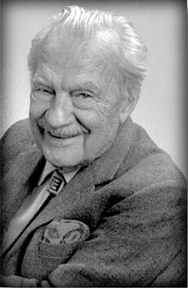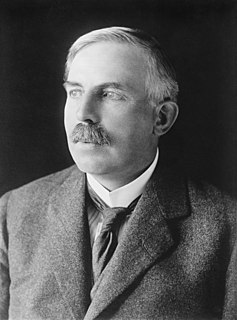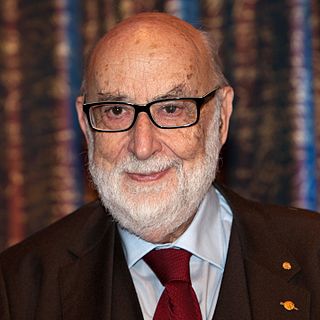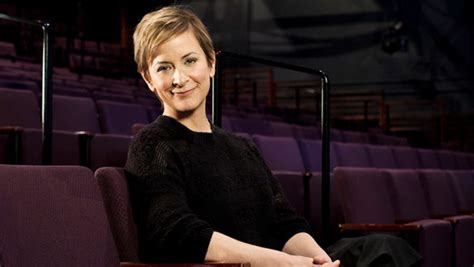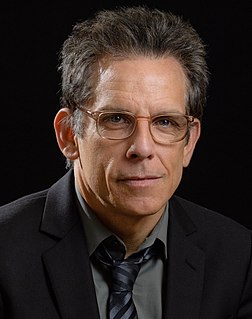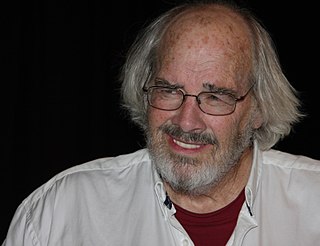A Quote by Dean Kamen
As a kid, I was less interested in the physical tinkering than thinking about what we would now call the physics, as opposed to the engineering.
Related Quotes
But, contrary to the lady's prejudices about the engineering profession, the fact is that quite some time ago the tables were turned between theory and applications in the physical sciences. Since World War II the discoveries that have changed the world are not made so much in lofty halls of theoretical physics as in the less-noticed labs of engineering and experimental physics. The roles of pure and applied science have been reversed; they are no longer what they were in the golden age of physics, in the age of Einstein, Schrödinger, Fermi and Dirac.
Invention and entrepreneurship isn't about pure technology. Most people take whatever they see in front of them and relate it to something they understand. For at least ten years after Ford started building cars, people called them horseless carriages. It wasn't obvious to call it a car. They used to call the radio 'the wireless.' Innovation is much more about changing people and their perceptions and their attitudes and their willingness to accept change than it is about physics and engineering.
The thing about physicists is that they tend to think that everything is physics. I don't. That's not what music is to me. You can explain aspects of it in physical terms, including the physics of anatomy: how our bodies move, the torsional moment of inertia, the way you move your body to a beat, the inherent periodicities of the heartbeat, the gait. That's physics, too, I guess - maybe they'd call it biophysics.
I have always preferred the company of older people. No one in the history of the world has had less interest in the young than I do. I am not interested in what young people are thinking. They're thinking less than old people, of course. I mean, what could they be thinking? And what are they doing? They're doing the same stupid things you did.
It is true that physics gives a wonderful training in precise, logical thinking-about physics. It really does depend upon accurate reproducible experiments, and upon framing hypotheses with the greatest possible freedom from dogmatic prejudice. And if these were the really important things in life, physics would be an essential study for everybody.
Before I had a kid, I was off in some kind of cosmic state all of the time, and thinking about the world beyond, thinking about intellectual stuff. And then, after I had a kid, just the whole process of giving birth is just so earthy and grounding and insane and it's all just an intense physical ordeal.
It seems that every practitioner of physics has had to wonder at some point why mathematics and physics have come to be so closely entwined. Opinions vary on the answer. ..Bertrand Russell acknowledged..'Physics is mathematical not because we know so much about the physical world, but because we know so little.' ..Mathematics may be indispensable to physics, but it obviously does not constitute physics.
I meet a lot of people who are awkward around me now. I was always embarrassed about that; the more attention I got, the less I wanted it and the more it would manifest in a physical way and I would be hunched over about it. I'm just starting to realise now that it's not my problem, it's somebody else's problem.
Right now people are interested in genetic engineering to help the human race. That's a noble cause, and that's where we should be heading. But once we get past that - once we understand what genetic diseases we can deal with - when we start thinking about the future, there's an opportunity to create some new life-forms.

